Premium Only Content
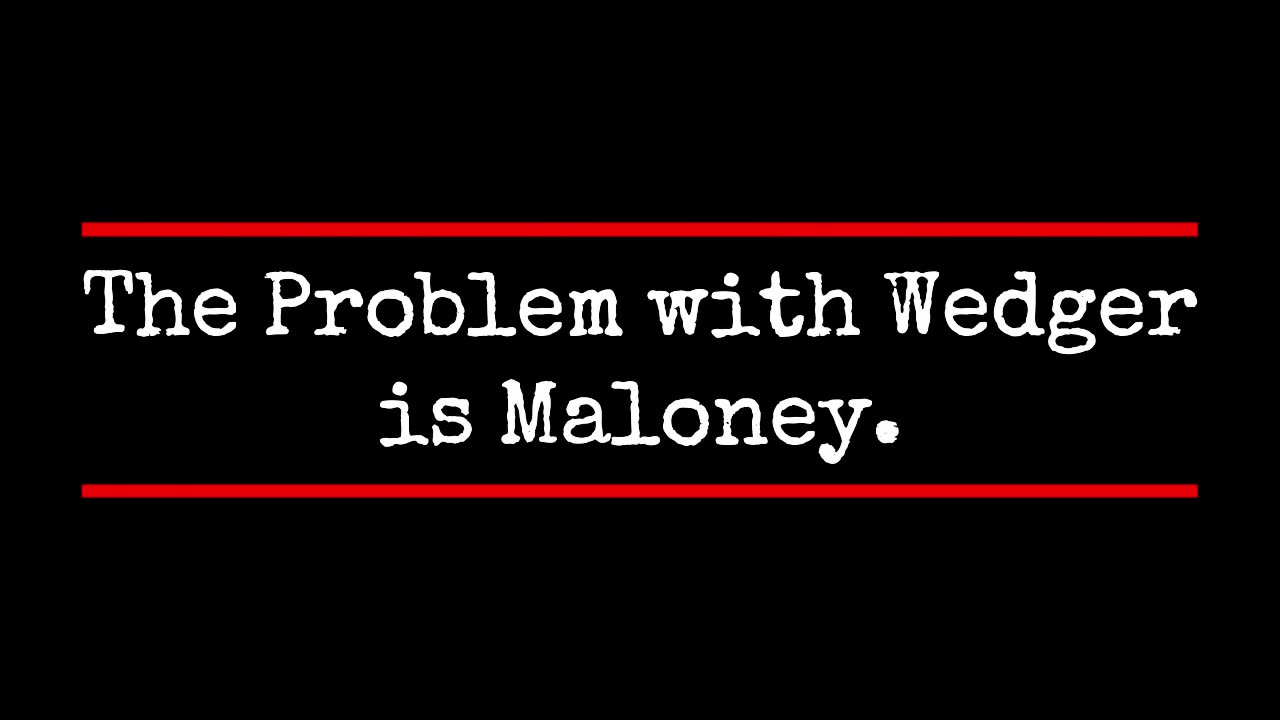
The Problem with Wedger is Maloney.
Jon Wedger is one of Britain’s most visible police whistleblowers. A former detective with the Metropolitan Police, he has spent years speaking publicly about institutional failures to investigate and prosecute child sexual exploitation. Many survivors and campaigners credit him with breaking a long silence around abuse in care homes and on the streets.
That work deserves acknowledgement. But credibility is fragile — and Wedger is risking his.
A public endorsement under scrutiny.
In a recent public message, Wedger described campaigner Bill Maloney in glowing terms:
“My best mate. The bravest, toughest and bestest pal a man could have. Bill Maloney ‘the cockney Irish gypsy’. Bill started this ‘anti child abuse’ movement. Let’s raise a glass to this ghetto warrior.” [source: Wedger public Facebook post, Oct 05, 2025]
Maloney has been active for years as an anti-abuse campaigner and filmmaker. But he is also a deeply contested figure. Singer Brian Harvey, formerly of East 17, has repeatedly alleged that Maloney fed him sensational but unverified claims about well-known public figures, apparently encouraging Harvey to take them public. One example Harvey cites is the claim that author and broadcaster David Icke abused a man (then a boy) known online as Andrew Ash — a claim for which no independent, verifiable evidence has surfaced.
The shadow of Operation Midland.
The UK has already seen what happens when dramatic allegations about “VIP paedophile rings” aren’t rigorously checked. The case of Carl Beech — formerly known as “Nick” — drove Operation Midland, one of the Met’s most expensive investigations. His claims were later proven false; Beech was convicted in 2019 of perverting the course of justice and fraud, and of possessing child sexual abuse images, and was jailed for 18 years. The scandal damaged innocent reputations and eroded trust in real whistleblowers.
That precedent matters. Aligning with campaigners accused of planting or encouraging unsubstantiated allegations risks repeating Midland’s mistakes — high-profile claims first, evidence later.
Harvey’s self-taught investigation.
Brian Harvey himself deserves acknowledgement for the way he has documented and tested the claims put before him. Although best known as a pop star, Harvey has shown a methodical, almost investigative instinct: he records his conversations, preserves documents and video, and has published long-form accounts of how he believes he was manipulated. In particular, Harvey says that Bill Maloney introduced him to another man, Ian Puddick, who provided “ninja” cameras so Harvey could film testimony from Andrew Ash — material Harvey now argues was meant to lure him into promoting unverified allegations. By putting this raw evidence into the public domain, Harvey has made it possible for others to see how sensational claims can be seeded and recycled.
Wedger in the mainstream spotlight.
Wedger’s profile is also climbing rapidly beyond the campaign circuit. In recent weeks he has been picked up by mainstream outlets after publicly challenging London Mayor Sadiq Khan over what he sees as the city’s failure to confront grooming gangs. Wedger himself has remarked that he’s “never had so much attention from the mainstream media,” and that his message is finally breaking through. But with a higher public platform comes sharper scrutiny — of both him and those around him. Which leads straight back to Bill Maloney and Brian Harvey. Someone’s account does not add up; and on the face of the evidence Harvey has produced, it appears Maloney’s story may be the weaker. If so, Maloney becomes Wedger’s problem.
Why this matters for Wedger.
Wedger’s credibility is a vital part of his advocacy. Survivors and police whistleblowers need public trust to force reform. Endorsing figures such as Maloney without addressing serious concerns — especially those raised by Harvey, who says he was “set up” — invites doubt about Wedger’s judgment and his screening of sources.
The cause Wedger champions is too important to be derailed by association with unreliable or manipulative voices. Campaigners have a duty not just to speak out but to test what they are told, weigh the evidence, and avoid amplifying sensational but unproven allegations.
A call for care.
Jon Wedger has achieved real impact, encouraging survivors to speak and challenging institutional complacency. But to protect that progress, he must be discerning about his alliances. Publicly calling Bill Maloney “the bravest, toughest and bestest pal” while credible figures question Maloney’s methods and reliability creates a vulnerability that opponents of abuse reform can easily exploit.
The fight against child abuse cover-ups demands both courage and care. Without both, the work risks losing the very credibility it needs to succeed.
-
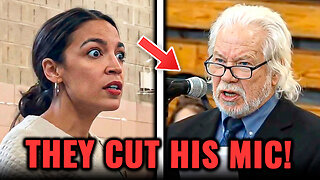 8:42
8:42
Freedom Frontline
16 hours agoAOC LOSES IT After Trump Supporter’s Question Corners Her in Public
3.97K14 -
 1:04:54
1:04:54
A Cigar Hustlers Podcast Every Day
1 day agoHustlers Podcast Every Week Day Episode 429 "Two Icons"
5.27K -
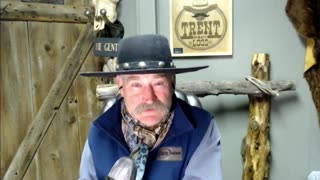 LIVE
LIVE
BEK TV
23 hours agoTrent Loos in the Morning - 12/16/2025
146 watching -
 47:05
47:05
Athlete & Artist Show
10 days ago $0.36 earnedHIGH STAKES w/ Former Team Canada Gold Medalist
6.01K -
 2:53
2:53
GreenMan Studio
14 hours agoGREENMANS STOCKING STUFFERS 2 – GRIMMS CAMPING SUPPLIES
4.46K4 -
![Special guest: Sam Anthony, CEO & Founder, [your] News](https://1a-1791.com/video/fwe2/16/s8/1/q/B/l/I/qBlIz.0kob-small-Special-guest-Sam-Anthony-C.jpg) 42:06
42:06
Rpurham
20 hours agoSpecial guest: Sam Anthony, CEO & Founder, [your] News
5.77K -
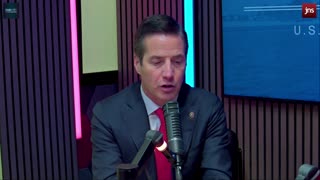 15:23
15:23
Standpoint with Gabe Groisman
19 hours agoDual Citizenship Coming to an End? US Senator Bernie Moreno
90.8K18 -
 1:22:19
1:22:19
FreshandFit
12 hours agoGirls Try To Get 60 Year Old Granny To Do OF
362K138 -
 3:05:53
3:05:53
Decoy
12 hours agoNobody is talking about this..
97.8K27 -
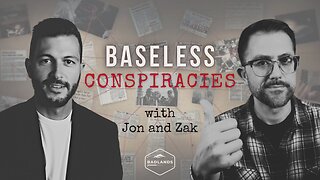 1:57:00
1:57:00
Badlands Media
18 hours agoBaseless Conspiracies Ep. 163: False Memories, MKUltra & the Machinery of Disbelief
90.9K23